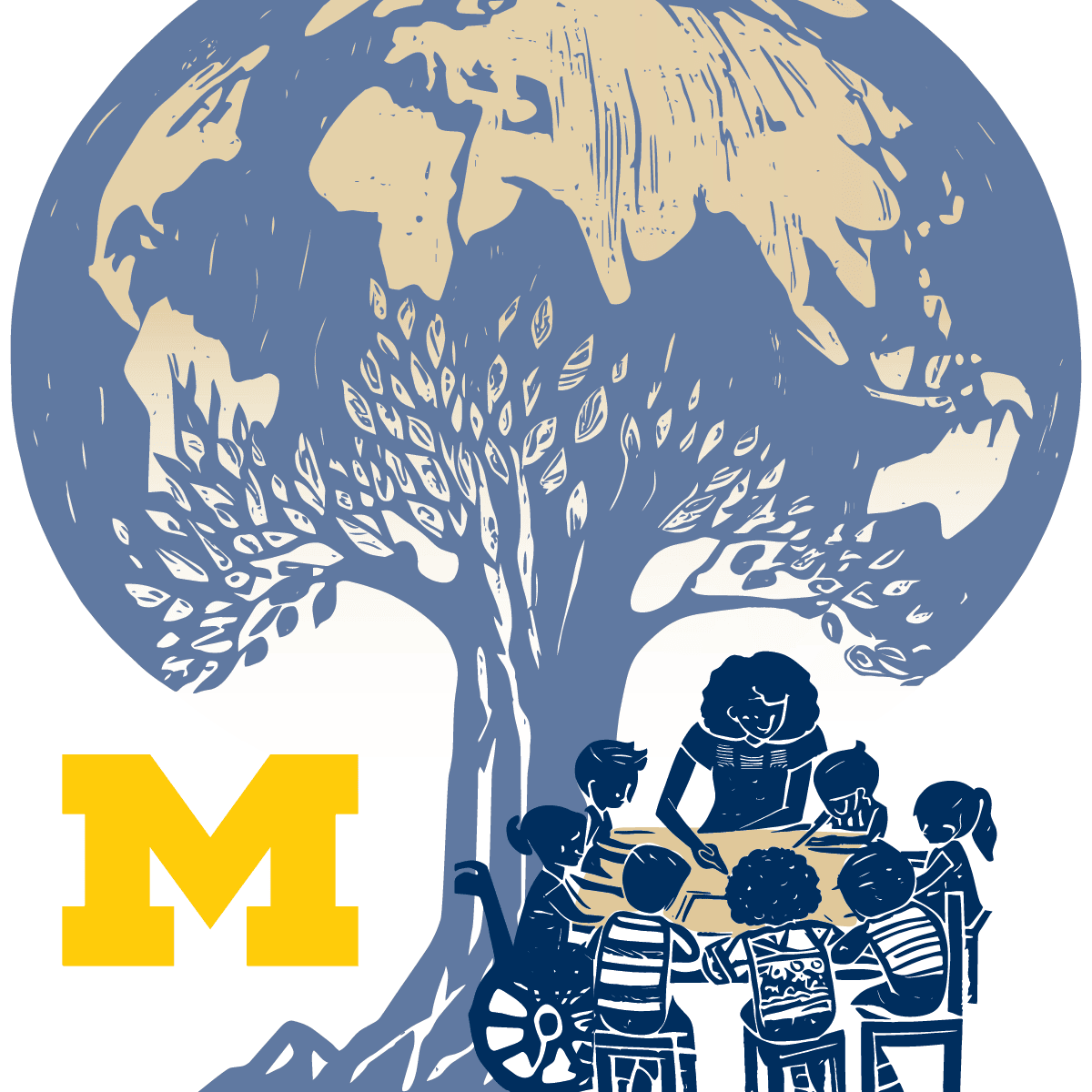
Reimagining Educational Innovation introduces local change agents to collaborative, continuous improvement – a locally grounded approach to innovation that empowers teachers, leaders, families, and community members to advance new ambitions for educational access, quality, and equity. Learners disrupt common conceptions of educational innovation as the exclusive province of policy, academic, and market actors, and explore how collaborative, continuous improvement empowers local innovators to address local educational opportunities, needs, and problems. Participate in a “virtual world tour” of collaborative, continuous improvement as enacted in diverse national contexts by teachers, family and community members, and school and system leaders, with guidance from leading researchers and support partners. Throughout, learners work systematically to construct a new, inclusive image of educational innovation in their local contexts anchored in norms of mutual respect, relational trust, and collective empowerment.
What's inside
Syllabus
Course Kickoff
Thank you for joining us in Reimagining Educational Innovation! Please continue for a warm welcome to begin your learning journey.
Read more
Syllabus
Good to know
Save this course
Activities
Review key concepts and theories related to educational innovation
Show steps
Strengthen your foundational understanding of educational innovation to enhance your learning experience in the course.
Show steps
-
Read articles and books on educational innovation.
-
Attend a workshop or webinar on educational innovation.
Review collaborative and continuous improvement models
Show steps
Review key collaborative and continuous improvement models to build a foundation for the course.
Browse courses on
Collaborative Improvement
Show steps
-
Read articles and books on collaborative and continuous improvement models.
-
Attend a workshop or webinar on collaborative and continuous improvement.
Organize and review your course notes, assignments, and resources
Show steps
Stay organized and enhance your understanding by regularly reviewing and synthesizing course materials.
Show steps
-
Organize your notes, assignments, and resources in a logical and accessible manner.
-
Review your materials on a regular basis to reinforce your learning.
Two other activities
Expand to see all activities and additional details
Show all five activities
Volunteer in a local educational organization or initiative focused on improving educational outcomes
Show steps
Gain practical experience and contribute to the improvement of education in your community.
Browse courses on
Community Involvement
Show steps
-
Research and identify local educational organizations or initiatives that align with your interests and goals.
-
Contact the organizations and inquire about volunteer opportunities.
-
Commit to a specific number of hours or days of volunteering.
Develop a plan for implementing collaborative and continuous improvement in your own educational setting
Show steps
Create a comprehensive plan to apply the principles of collaborative and continuous improvement in your own educational context.
Browse courses on
Project-Based Learning
Show steps
-
Identify the specific educational challenges or areas for improvement in your setting.
-
Research and select a collaborative and continuous improvement model that aligns with your goals.
-
Develop a detailed implementation plan that outlines the steps, timeline, and resources needed.
-
Secure buy-in and support from stakeholders, including teachers, administrators, students, and parents.
Review key concepts and theories related to educational innovation
Show steps
Strengthen your foundational understanding of educational innovation to enhance your learning experience in the course.
Show steps
- Read articles and books on educational innovation.
- Attend a workshop or webinar on educational innovation.
Review collaborative and continuous improvement models
Show steps
Review key collaborative and continuous improvement models to build a foundation for the course.
Browse courses on
Collaborative Improvement
Show steps
- Read articles and books on collaborative and continuous improvement models.
- Attend a workshop or webinar on collaborative and continuous improvement.
Organize and review your course notes, assignments, and resources
Show steps
Stay organized and enhance your understanding by regularly reviewing and synthesizing course materials.
Show steps
- Organize your notes, assignments, and resources in a logical and accessible manner.
- Review your materials on a regular basis to reinforce your learning.
Volunteer in a local educational organization or initiative focused on improving educational outcomes
Show steps
Gain practical experience and contribute to the improvement of education in your community.
Browse courses on
Community Involvement
Show steps
- Research and identify local educational organizations or initiatives that align with your interests and goals.
- Contact the organizations and inquire about volunteer opportunities.
- Commit to a specific number of hours or days of volunteering.
Develop a plan for implementing collaborative and continuous improvement in your own educational setting
Show steps
Create a comprehensive plan to apply the principles of collaborative and continuous improvement in your own educational context.
Browse courses on
Project-Based Learning
Show steps
- Identify the specific educational challenges or areas for improvement in your setting.
- Research and select a collaborative and continuous improvement model that aligns with your goals.
- Develop a detailed implementation plan that outlines the steps, timeline, and resources needed.
- Secure buy-in and support from stakeholders, including teachers, administrators, students, and parents.
Career center
Educational Equity Specialist
Teacher
Curriculum Developer
Special Education Teacher
School Administrator
Education Advocate
Community Organizer
Literacy Coach
Instructional Designer
Educational Consultant
Education Researcher
School Counselor
Education Policy Analyst
Nonprofit Program Manager
Education Technology Specialist
Reading list
Share
Similar courses
OpenCourser helps millions of learners each year. People visit us to learn workspace skills, ace their exams, and nurture their curiosity.
Our extensive catalog contains over 50,000 courses and twice as many books. Browse by search, by topic, or even by career interests. We'll match you to the right resources quickly.
Find this site helpful? Tell a friend about us.
We're supported by our community of learners. When you purchase or subscribe to courses and programs or purchase books, we may earn a commission from our partners.
Your purchases help us maintain our catalog and keep our servers humming without ads.
Thank you for supporting OpenCourser.



